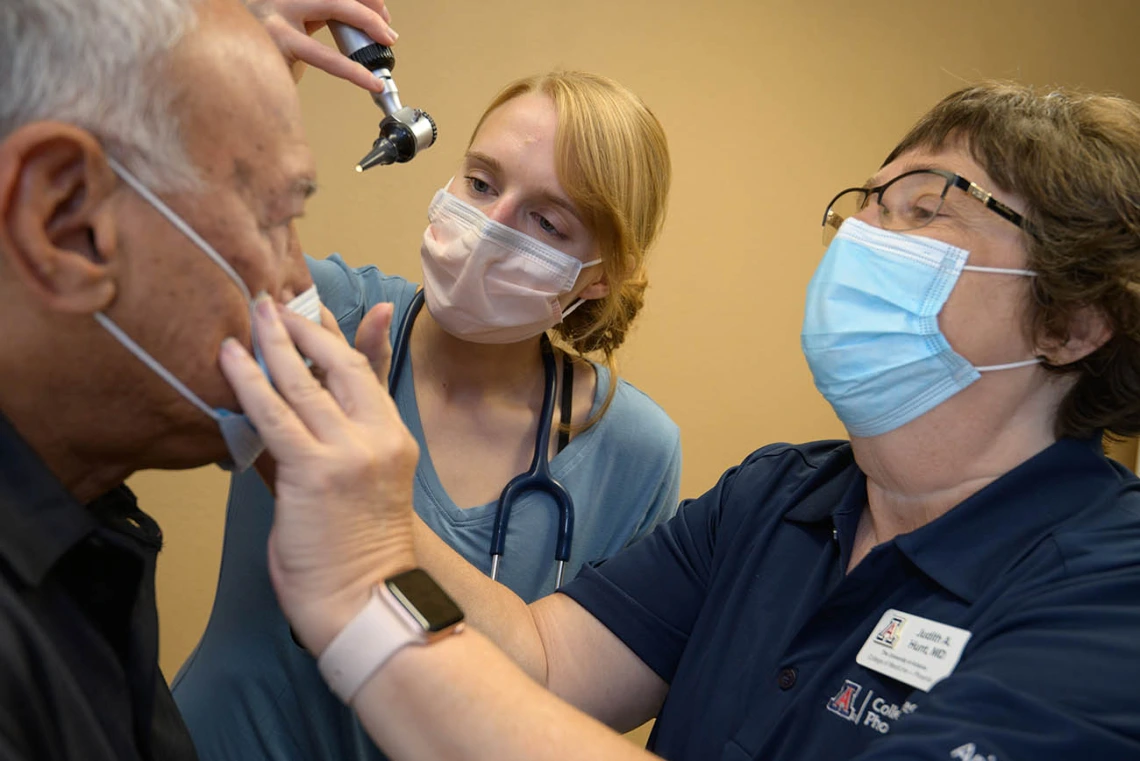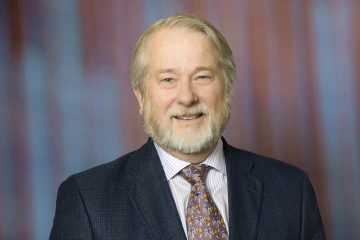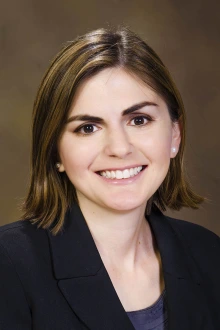$7.2M in Funding Will Boost Health Care Workforce in Rural, Underserved Communities
The Arizona Area Health Education Centers Program received funding over five years to continue to address workforce shortages through statewide education programs and partnerships.

The Arizona AHEC Program and Regional Centers are key to eliminating health disparities for Arizona residents in rural and medically underserved areas that experience challenges in accessing health care.
The Arizona Area Health Education Centers (AzAHEC) Program at the University of Arizona Health Sciences will receive $7.2 million in state and federal funding over the next five years to continue growing the health professions workforce in the state, focusing on rural and urban medically underserved communities.

Dan Derksen, MD, is the associate vice president for health equity, outreach and interprofessional activities at UArizona Health Sciences, director of the Center for Rural Health and a professor in the Zuckerman College of Public Health.
Arizona has one of the highest health professional shortage rates in the country, particularly in rural communities. AzAHEC develops health professional education programs emphasizing primary and preventive care with the aim to increase access to health care in Arizona's rural and underserved communities.
“Arizona residents in rural and medically underserved areas experience unique challenges in accessing health care, particularly primary and preventive care,” said University of Arizona President Robert C. Robbins, MD. “The work being done by the Arizona AHEC Program and Regional Centers is more important than ever as we seek to identify and eliminate health disparities in the state.”
The Health Resources and Services Administration (HRSA), a division of the Department of Health and Human Services, awarded the Arizona AHEC a $3.6 million grant that requires a matching nonfederal contribution. The 1:1 match is funded with state lottery money by state statute.
AzAHEC was initiated 39 years ago and is now one of 56 AHEC Programs in the country. Congress authorized the federal AHEC Program in 1971.
“Arizona has an extraordinary program that has grown over four decades,” said Dan Derksen, MD, associate vice president for health equity, outreach and interprofessional activities at UArizona Health Sciences, director of the Center for Rural Health and professor in the Mel and Enid Zuckerman College of Public Health. “We act as a federal pass-through for funds to support much needed programs in rural areas, and we can do that because we have formal contractual agreements with our six AHEC Regional Centers and nine Rural Health Professions Programs in the state.”
The 56 AHEC Programs in the U.S. work closely with 236 AHEC Regional Centers that support health professions education, address health disparities and collaborate on local health workforce issues.
AzAHEC added a new Regional Center that focuses on boosting the health care workforce in American Indian communities. American Indians have some of the highest rates of health disparities, poverty and poor health outcomes when compared with other ethnic and minority communities in the U.S.

Leila Barraza, JD, MPH, is the director of the Arizona AHEC and an associate professor in the Zuckerman College of Public Health.
“Academic and community educational partnerships are vital to improving the supply and distribution of health care professionals throughout the state,” said Michael D. Dake, MD, senior vice president for the University of Arizona Health Sciences. “The Arizona AHEC program’s integrated, sustainable health workforce education programs allow us to innovate and build healthier communities by increasing access to quality health care for all Arizona residents.”
“Through Arizona’s AHEC Program and our six Regional Centers, communities can receive additional grants, such as the Centers for Disease Control and Prevention COVID disparities initiative with the Arizona Department of Health Services and other federal grants to help rural, tribal and critical access hospitals and clinics,” Dr. Derksen said.
“It’s pretty amazing what can happen when you spend time building these relationships,” he added. “The communities benefit, our public universities benefit and the state benefits. Most importantly, the AzAHEC Program helps Arizona ‘grow its own’ health workforce by supporting pathways to practice starting with our K-12 students, through health professional education, and into practice in Arizona.”
In fiscal year 2022, the AzAHEC Program, in conjunction with its Regional Centers and nine Rural Health Professions Programs, provided more than 3,000 community-based experiential training rotations for 1,531 health professions students in the state and 450,000 health professional trainee hours. More than 4,400 health professionals participated in continuing education and professional development courses, and nearly 1,000 students participated in structured health professional pipeline programs.
“In Fiscal Year 2021, the Arizona AHEC Program provided approximately 10% of the total U.S. community-based experiential health professional rotations of the 56 AHEC Programs in the country,” said Leila Barraza, JD, MPH, director of the AzAHEC Program and associate professor in the Zuckerman College of Public Health. “We surpassed all of those metrics in 2022. We’re making real progress addressing unmet needs in our rural and underserved communities. However, the pandemic exacerbated weaknesses that require new programs and rapid expansion of health professional education capacity. This funding will further catalyze our work.”
The AzAHEC Program also administers the Arizona AHEC Scholars Program, a collaboration between UArizona, Northern Arizona University and Arizona State University that offers students community-based experiential training.
The AzAHEC program is supported in part by the Health Resources and Services Administration, a division of the Department of Health and Human Services, under award No. U77HP03034‐28‐00.
Contact
Margarita Bauzá
313-520-2109
mbauza@arizona.edu

